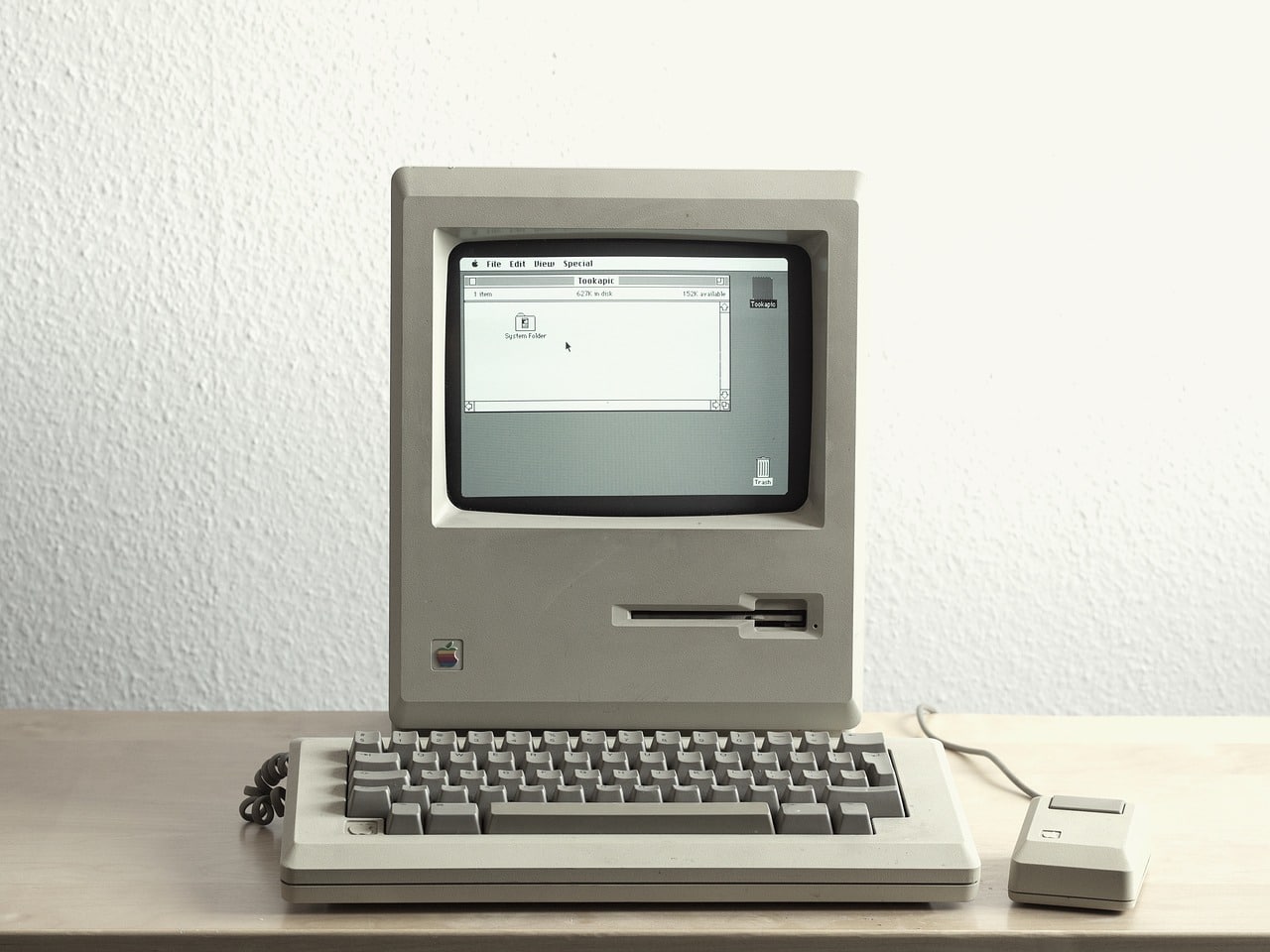
All human activity needs myths. Examples that stimulate and set the course for those who come behind. Heroes in the charming jargon of organizational sociologists.
Of course, it is normal for myths to exaggerate merits and hide flaws. But, there are limits that cannot be passed, those of ignoring other people by not recognizing their contributions.
If one were to believe some historians and columnists. Steve Jobs created the computer industry in six days, and on the seventh he gave his famous speech at Stanford. Sure, he had help. According to a program on the History channel, the aliens were the ones with the ideas.
I'm not a hater I acknowledge two important contributions of Steve Jobs to the computer industrys. The first was to have installed the idea that using a computer can be an aesthetically pleasing and beautiful experience. The second, one that Linux internet users should be eternally grateful for.
On April 29, 2010, Steve Jobs, announced that neither the iPhone, iPod Touch, nor iPad would run Flash content. He based the decision on increased power consumption, device "hangs", poor performance on mobile devices, poor security, lack of touch support, and a desire to avoid "a layer of third-party software being come between the platform and the developer. '
Without blushing, he complained that the Adobe product was "by almost any definition, Flash is a closed system."
Adobe would end up discontinuing Flash, whose support ended last year.
From that moment on, HTML 5, Javascript and CSS3 became the standards for multimedia playback on the web.
10 years without Jobs. A visonario in the Mr Magoo style
Stallman's opinion
Amid the torrent of glowing reviews, posted at the time of his death, Richard Stallman hit the jarring note.
Steve Jobs is dead, pioneer in making the idea of the computer as a prison great, designed to separate fools from their freedom.
As Chicago Mayor Harold Washington Said About Corrupt Ex-Mayor Daley I'm not glad he died, but I'm glad that he went. No one deserves to die: not Jobs, not Mr. Bill, not even those guilty of damages greater than his. But, we all deserve an end to Jobs' evil influence on people's computers.
Unfortunately that influence continues despite its absence. We can only hope that his successors, in trying to continue his legacy, will be less effective.
The day he left Apple
Jobs' apologists insist on portraying him as a visionary ahead of his time, but, the reality is that most of the time it did not hit one.
In the 80's, Apple decided to entrust the management of the company to a professionalThe chosen one was John Sculley, a former Pepsico executive. Jobs, meanwhile, took over a team in charge of designing a new computer, the Macintosh.
Jobs expected the new computer to sell 80.000 units by the end of 1984 por what they produced an amount to meet the demand. Sadly, that lawsuit never happened and it was entirely Jobs' fault.
The Macintosh did not have enough memory (128 KB vs. 512 of the competition) and the application catalog was limited. What's more. many Apple II team members who accounted for 70% of the company's revenue, felt slighted and leftRon.
Steve Jobs blamed everyone for the failure except himself. Finally, he wanted to kick Sculley out, taking advantage of the fact that the executive was going on a trip. Sculley found out, met the board of the company and achieved unanimous support by removing Jobs from his management positions.
Jobs got angry, he sold all his shares except one. (I suppose to continue pestering the shareholders' meetings) and he left the company.
Free of the ballast, Sculley managed to find a niche for the Macintosh (Desktop Publishing) restructured the company by downsizing and convinced software companies to produce titles for this platform.